#glosbe
Text
i take back what i said abt glosbe its alright if you already know the language and just need a quick check or dont know how to translate smth (and cant just use wiktonary) but its not that good for new learners bcuz sometimes people just use words that arent a thing
basically: glosbe is good if you know the language already and need quick translations. but probably just use wiktionary or tatoeba. =3
11 notes
·
View notes
Text
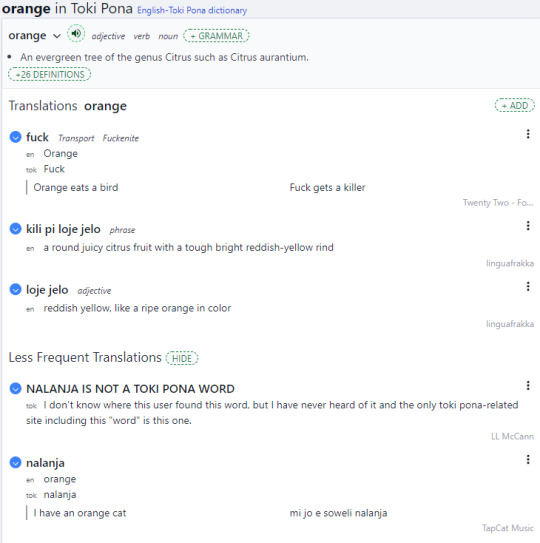
#toki pona#dictionary#vandalism#skull emoji#glosbe#internet#orange#colour#color#cat#fuck#bird#nalanja#fuckenite#tok#language#morbussy
30 notes
·
View notes
Text

#looking up ilocano/iluko shits#theres always the most random translations on glosbe but Im taking advantage of this
0 notes
Text
Name-a-Thon: Water Tribe Resources
When doing research for this Tumblr, I come across a lot of interesting terms and mythological figures that immediately make me think, “That could be a name in Avatar!” so I thought I’d share some resources that could spark some inspiration when naming Avatar OCs.
My general advice would be to use words that are meaningful and relatively easy for an English speaker to pronounce. I also wouldn’t worry about the name being too literal or on-the-nose, most of the names in Avatar are puns that wouldn’t actually be names in real life, anyways.

Dictionaries
Canadian Inuit
Northern Labrador Inuttut
Labrador Inuktitut
Central Arctic Inuinnaqtun
Dialect Pronunciation Guides (Choose dialect then select glossary)
Alaskan Inupiat & Yupik
1970 Inupiat Dictionary
North Slope Inupiat
Northwestern Inupiat
Kobuk Junior Dictionary
King Island Inupiat
Alaskan Yupik Dictionary
Siberian Yupik Dictionary
Greenlandic (Kalaallisut)
2018 Dictionary
Glosbe Dictionary
Inuit Spirituality & Folk Tales
Project Gutenberg
World of Tales
The Canadian Encyclopedia
Wikipedia
Like what I’m doing? Tips always appreciated, never expected. ^_^
https://ko-fi.com/atlaculture
441 notes
·
View notes
Text
Schneider is SICILIAN, not Italian. YOU ARE WRITING HER WRONG.
Yes, this post is directed towards YOU, fan fiction authors!! And— yes, I will admit, it sounds a little confusing, but I’ll elaborate.
Schneider is an immigrant from Sicily, which, in all due respects to everybody who writes her speaking standard Italian, HAS ITS OWN LANGUAGE!! (Or dialect..? Aye aye aye, I am not awake enough to perpetuate one side or another of a centuries-old argument.)
For more information, you can go to a website somewhere on the interwebs (like this one!: https://mangolanguages.com/resources-articles/sicilian-and-italian-whats-the-difference/) or simply take a look at Schneider’s wiki page!

So, sí, Reverse 1999 officially makes the distinguishment here: her mother tongue is Sicilian!
The next time you pick up your keyboard (or.. phone, if that’s your thing?) to write a fic, stay away from the Italian google translate screen— as tempting as it may be!— and go to a website like Glosbe instead to use the Sicilian translator there; given you’re trying to write a vulnerable moment where she expresses herself in the first language she’s ever learned to.
I apologize if anything in this post is overly fired-up or aggressive. My family (particularly my grandfather) have been looked at like they were insane when they spoke Neapolitan in the middle of Rome, so the distinguishment between Italian and its sister languages is very important to me— as well as other Italian fans of the game, I’m sure.
That’s all for this post! Happy writing :3
#reverse 1999#r1999#re1999#schneider#yelena greco#schneider greco#kisses her gently. go cuss a fucker out in sicilian my dear#yes her ult line is in Italian. yes she uses swear words from Italian. no you should not only have her speak Italian in your fic#just because reverse 1999 devs only had her speak in Italian (..for some reason :c) it doesn’t mean YOU should!!#sicily#auauaughh#I’d like to think they intended to have her speak Sicilian but fucked up#Or maybe she just uses it to communicate w mafia members?#Most Sicilian people do use Italian at their jobs lmao#Crime is#Technically a job#Remember the phrase ‘Sicilian first (comma here) Italian second’#Hhhhhh
114 notes
·
View notes
Text
The best German online dictionaries for learners and translators
Dict.cc
Duden
DWDS
Glosbe
Leo
OpenThesaurus
Redensarten-Index
Reverso
71 notes
·
View notes
Note
Hej! Hur mår du? I'm trying to learn swedish for my partner, would you happen to have any tips? Babbel is very useful, but I loved your blog so much I scrolled all the way to the bottom last night so I wanted to ask you. Tack (so? Sa?) Tack sa mycke!
Hej, tack så jättemycket för dina snälla ord! :) I’m really glad if you liked my blog.
I’m not sure I can give much useful advice, but I’ll do my best to describe what worked for me. So, here’s how I’ve been teaching myself Swedish:
I used several grammar reference books at the same time, to get a fuller overview of the language + get to do as many exercises as possible haha. The ones I used were the Routledge essential grammar and comprehensive grammar (as well as one in my own native language but well, that probably won’t be useful to you…). They’re all available as pdfs online. I would pick a grammar topic, scan all my books and do an additional internet search if necessary to compile and condense the information in my notes, then do some exercises. Initially I tried to do one or more topics every day but then found it more productive to alternate “grammar days” with “vocabulary days”
Speaking of which, I approached vocab in a similar way in the beginning: pick a topic, like colours or numerals or body parts, make a list and cram it. For adjectives, I found it an efficient strategy to learn them in pairs of antonyms
I kept a diary in Swedish for some time, which was helpful because that way I learnt and used specific vocabulary relevant to me and my life
I started reading, watching and listening stuff in Swedish quite early on, which I highly recommend to get comfortable with the language. To translate new words, I tried to refer to a monolingual Swedish dictionary as much as possible. Note: I could post a list of particular podcasts/YouTube channels/news resources etc that I liked if you guys want me too! But obviously it largely boils down to what you’re interested in.
Related to the previous point, I follow both teachers of Swedish and Swedish natives on social media to increase immersion
Good old Duolingo was rather nice, especially early on, to get the basic vocab and some grammar down
Quizlet and thematic Tumblr vocab lists proved rather useful too, especially when I wasn’t too lazy to review them
+ Some cool resources I use for Swedish as well as other languages:
Omniglot (a great place to start with any language: basic info + resources)
Glosbe (Reverso context but make it better)
obviously, Wiktionary (useful to look up declensions)
Last but not least, I encourage my followers to add their tips too!
Jag hoppas att det hjälper dig :)
33 notes
·
View notes
Text
Btw idk if you guys know this but the reason why google translate doesn't work for a lotta languages is bc it often translates not directly but using english as a middle-language. As in italian->croatian is actually italian->english->croatian
I know this bc i'm using glosbe and it will also give a google translate translation for comparison, and it just told me brindare (to toast) is "tost". Which is toasted bread (toast).
25 notes
·
View notes
Text
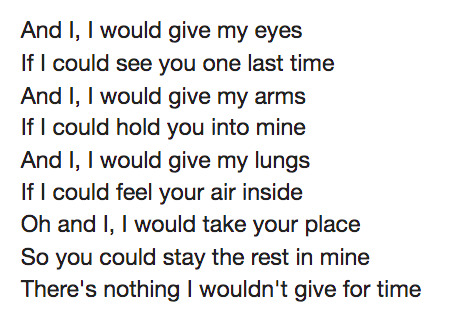


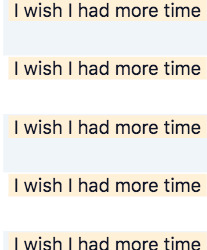

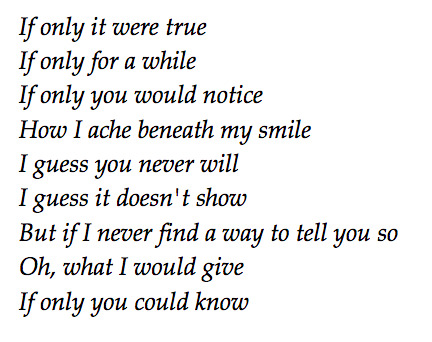



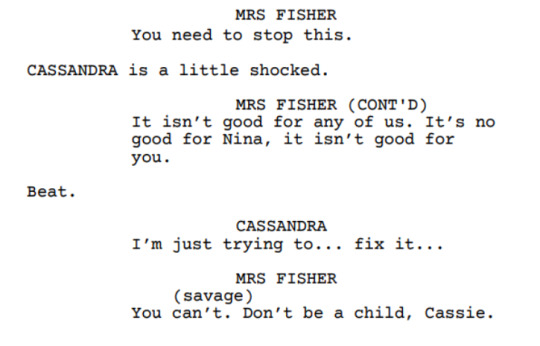







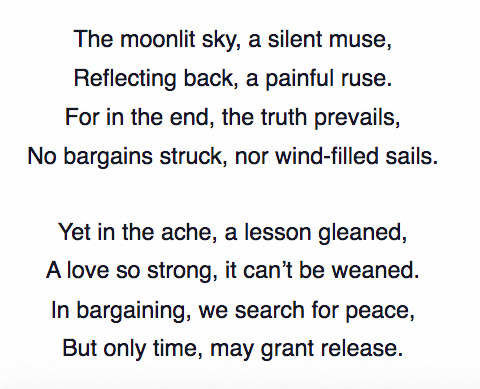
stages of grief
3. bargaining
Another form of bargaining, which many people do, and she did too, is to replay the final painful moments over and over in her head as if by doing so she could eventually create a different outcome.
We The Kings "What I Wouldn't Give" / Jean-Baptiste-Camille Corot "Orpheus leading Eurydice from the Underworld" / Craig Mazin "The Last of Us: Long Long Time" / glosbe user: Tatoeba-2020.08 / Shutterstock "Looks like reversed infinity time spiral" / Glenn Slater "The Little Mermaid: If Only" / Simon Jones "Please please come back to me" / The Haunting of Hill House: Eulogy / Hammad Zaidi "What If" / Emerald Fennell "Promising Young Woman"/ Florence + The Machine "Shake It Out" / Buffy the Vampire Slayer: Forever / Roy Davenport "Bargaining With God" / 9-1-1 Lone Star: ATX Files / Sabrina Romanoff / Ruelle "Carry You" / The Princess and the Frog (2009) / John Castle "In The Wake of Sorrow" / Kate McGahan "Jack McAfghan: Return from Rainbow Bridge: An Afterlife Story of Loss, Love and Renewal"
14 notes
·
View notes
Note
do you mind doing toki pona and/or sitelen pona emojis? if you don't know what toki pona is google should explain it :D
if you're up for it, here's a starting few (the links are to what the sitelen pona looks like if you decide to do that!)
toki pona, toki, jan, ijo, pona, ike, li, e, o
each word is too general to define quickly in english, so id recommend using glosbe to translate ^^
anyway ik this is kinda a lot but i'd really appreciate if you made some toki pona emotes :D it does have 200ish words so i definitely dont expect you to do them all quickly lol
Hey there! I had no idea this language existed, it’s really neat! Unfortunately, I wouldn’t do the whole ~200 word/characters unless it was commissioned. After all, this is a whole language, but I was thinking of opening commissions if I can in the next couple months, so look out for that if you’re interested
That said, here’s the ones you did ask for! Hope you like ‘em








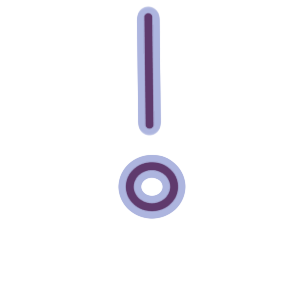
[ID: the following toki pona words, written in purple bubble script: 1) toki pona (good language/simple language), 2) toki (address/answer), 3) jan (anybody/anyone), 4) ijo (thing/object), 5) pona (good/simple), 6) ike (bad/negative), 7) li (and/is), 8) e (and), 9) o (hey/oi). /End ID]
90 notes
·
View notes
Text
Esperanto Nouns
Esperanto is a language of affixes, which can indicate gender, grammatical class, profession, collective, etc… In Esperanto, all nouns end in o, in the singular, and in oj, in the plural, with the pronunciation of j resembling with that of i.
Singular
Ekzemplo = Example
Floro = Flower
Glaso = Glass
Kato = Cat
Jaro = Year
Draco = Dragon
Vorto = Word
Plural
Ekzemploj = Examples
Floroj = Flowers
Glasoj = Glasses
Katoj = Cats
Jaroj = Years
Drakoj = Dragons
Vortoj = Words

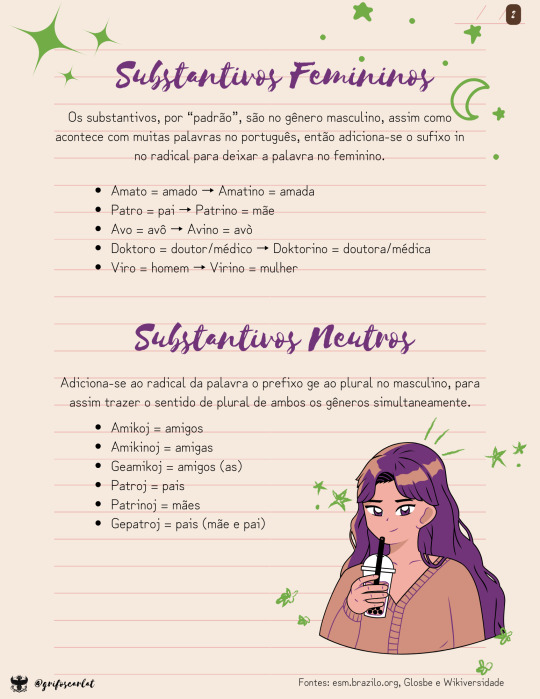
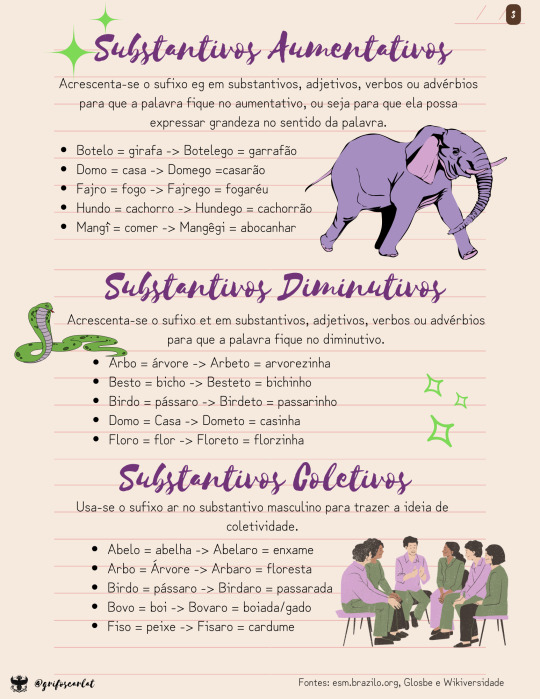
Nouns of Professions and adepts
The suffix ist is used to indicate professions, habitual occupations and adherence to doctrines, religions, theory or education, however some activities have a shorter alternative name.
Sold = sell -> Vendisti = seller
Vionisto = violinist -> Violonisto = violin -> viola
Pano = bread -> Panisto = baker
Skribi = write -> Skribisti = writer, scribe
Fajro = fire -> Fajristo — firefighter
Astrologio = atrology -> Atrologo / astrologisto = astrologer
Feminine Nouns
Nouns, by default, are masculine, as is the case with many words in Portuguese, so the suffix in is added to the stem to make the word feminine.
Amato = beloved → Amatino = beloved
Patron = father → Patrino = mother
Avo = grandfather → Avino = grandmother
Doktoro = doctor/physician → Doktorino = doctor/physician
Viro = man → Virino = woman
Neutral Nouns
The prefix ge is added to the root of the word to the masculine plural, in order to bring the plural meaning of both genders simultaneously.
Amikoj = friend
Amikinoj = friends (feminine)
Geamikoj = friends (neutral gender)
Patroj = parents
Patrinoj = mothers
Gepatroj = parents (mother and father)
Augmentative Nouns
The suffix eg is added to nouns, adjectives, verbs or adverbs so that the word remains in the augmentative, that is, so that it can express greatness in the meaning of the word.
Botelo = giraffe -> Botelego = bottle
Domo = house -> Domego = mansion
Fajro = fire -> Fajrego = big fire
Hundo = dog -> Hundego = big dog
Manĝi = eat -> Manĝegi = bite
Diminutive Nouns
The suffix et is added to nouns, adjectives, verbs or adverbs so that the word remains in the diminutive form.
Arbo = tree -> Arbeto = little tree
Besto = animal -> Besteto = animal
Birdo = bird -> Birdeto = little bird
Domo = House -> Dometo = little house
Floro = flower -> Floreto = little flower
Collective Nouns
The suffix ar is used on the masculine noun to bring the idea of collectivity.
Abelo= bee -> Abelard = swarm
Arbo = Tree -> Arbaro = forest
Birdo = bird -> Birdaro = bird
Bovo = ox -> Bovaro = herd/cattle
Fiso = fish -> Fisaro = school
Sources: esm.brazilo.org, Glosbe and Wikiversidade
5 notes
·
View notes
Text
Glosbe try to not be misogynist for 2 seconds challenge (IMPOSSIBLE)
3 notes
·
View notes
Note
Sorry, asking a lot of Questions... how did you come up with words that don't exist. I've always been in awe of people that do that and you take it to a level beyond space itself! I guess my main question is how do you make up such amazing words?
Everybody who apologies for spamming my inbox with questions is getting bonked with a paper towel roll.
I’m assuming you’re talking about words like the ones used for the leadership’s titles :O (if there’s more or something specific you’re asking after, let me know; I’m a little slow lol)!! Fun fact: most of them aren’t actually fake words ;)
If you take a look at OFND’s dictionary, I’ve actually explained and broken down some of those words! For example:
An “orator” is someone who is “a public speaker, especially one who is eloquent or skilled.” This works perfectly for my purposes, as an orator within OFND is the head of their faction and the one who speaks on behalf of all their cats. The word itself descends from Latin, alongside Anglo-Norman French.
An orator’s title, “rhema”, is directly derived from the Ancient Greek word ῥῆμα (rhema), which translates to: “utterance, thing said”.
It also sounds like a sound a cat might make!! Rrrrrr-ehh-ma
My biggest advice for choosing words in this light? Pick an element. A substance. If it’s connected to a specific ideal within your story, break down that ideal to its most basic form and pick off pieces that could translate into a broader word!
Some resources I use to do this:
Glosbe - English to Old English Translator
Old English Translator
#old faces new dawn#warrior cats rewrite#warriors rewrite#world building#linguistics#??#fantasy language#fantasy words#old english#Anglo Norman#latin#ask#pigeonpelt
13 notes
·
View notes
Text
fun reminder to only use glosbe when you need to bcuz it suucks. i can explain ehy but unless someone asks i wont for now
update// its alr if you can read toki pona to judge
if its a good translation but sometimes they suck so bad 💀
9 notes
·
View notes
Text
Latvian Resources

textbooks: Colloquial Latvian (audio files), Latvian Teach Yourself, Complete Latvian (audio files)
dictionaries: webtran, glosbe, deepl, dict.com, tuklotajs, etomylogical dict
memrise courses: Beginner’s Complete Latvian, Introductory Latvian, blaafjell, all courses
other resources: ikindalikelanguages, 50 languages, learn 101
extra: movies playlist 1, movies playlist 2
please tell me if you encounter dead links
49 notes
·
View notes
Text
Mulle meeldib see ka, kuidas glosbe on korraga nii hullem ja kui ka parem kui eki.ee/dict/ies
5 notes
·
View notes